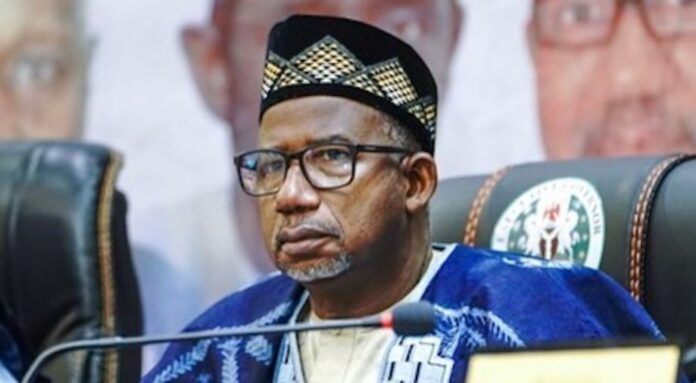Aaior K. Comfort
Bala Mohammed, the Governor of Bauchi State, has voiced criticism of the Federal Government’s economic policies, stating that they have contributed to increased hardship across the country. Speaking at the launch of the Nigeria Development Update report by the World Bank in Abuja on Thursday, Mohammed noted that the economic strategies implemented by President Bola Tinubu’s administration have not been delivering the desired results for Nigerians.
The governor pointed out that the revenues allocated to state governments are insufficient to address the challenges faced by local populations, and called for a reevaluation of the country’s economic approach. He stressed the need for policies that directly tackle the hardship experienced by citizens at all levels of governance.
“We should go back to the basics. Nigerians are not enjoying the regime at this time, across the board—not only the federal government but also the state and local governments. Therefore, the responsibility rests on the finance managers of the economy to come up with a budget programme that will reduce hardship,” Mohammed said.
He further highlighted issues such as dwindling purchasing power, unemployment, and underemployment, urging policymakers to focus on creating opportunities for Nigerians, particularly in the informal sector. According to the governor, many Nigerians rely on informal employment for their livelihood, and initiatives aimed at supporting self-employment could ease the current economic burden.
The event also featured remarks from Alex Sienaert, lead economist of the World Bank in Nigeria, who emphasized the need for productive job creation to support the country’s macroeconomic stabilisation reforms. Additionally, World Bank Country Director for Nigeria, Dr. Ndiame Diop, noted that while the reforms may be difficult in the short term, they are essential for the country’s long-term economic stability, warning that reversing these policies could hinder Nigeria’s development.
Governor Mohammed’s comments reflect growing concerns among many Nigerians about the impact of current government policies on everyday life and the need for more targeted economic measures.

